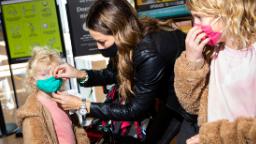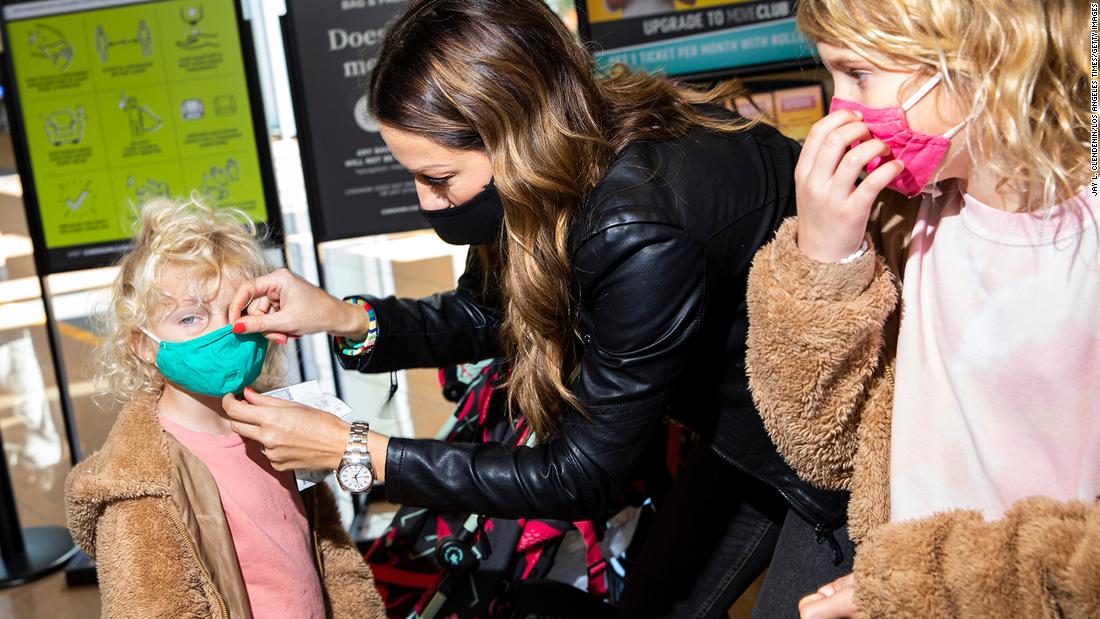
But with a subvariant that can outmaneuver vaccination or immunity from recent Covid infections, our days of putting Covid-19 on the back burner may be numbered.
And it’s not just LA that’s reacting to rising case numbers and hospitalizations. The share of the United States population that lives in a county with a “high Covid-19 Community Level,” where the US Centers for Disease Control and Prevention recommends universal indoor masking, has doubled over the past two weeks. And as Americans have switched to more rapid at-home tests, official case counts reflect just a fraction of the true disease burden.
For more on this, we turned to Dr. Leana Wen, a CNN medical analyst and public health professor at the George Washington University. Our conversation, conducted over email and lightly edited for flow and brevity, is below.
What Matters: Does the recent rise in Covid-19 cases call for indoor mask mandates to return?
WEN: There is a big difference between a recommendation for individuals to mask and a government-imposed mask requirement. Government requirements for public health precautions should be used extremely sparingly, for emergencies where there is no other option. This is not that time.
I worry about eroding trust such that when a mask mandate is actually needed — if there is a much more lethal variant or if hospitals are once again overwhelmed — there will be no appetite to accept mitigation measures at that point.
What Matters: What should lawmakers consider as they weigh whether to implement indoor mask mandates again?
What Matters: On an individual level, at this point in the pandemic, when should we be masking up and when can we leave it off?
WEN: That depends on the individual and how much they want to keep avoiding Covid-19. Those who prioritize avoiding infection should keep masking — but make sure they are using an N95 or equivalent (KN95 or KF94), that it’s well-fitting, and that they use it in all indoor public spaces.
What Matters: Anything else you’d like to add about any of this?
WEN: It is both true that masks reduce the risk of virus transmission and that mask requirements are very controversial. I’d urge lawmakers to focus on tools that do not draw such public backlash and that make as much — or even more — of a difference as government-imposed masking.

